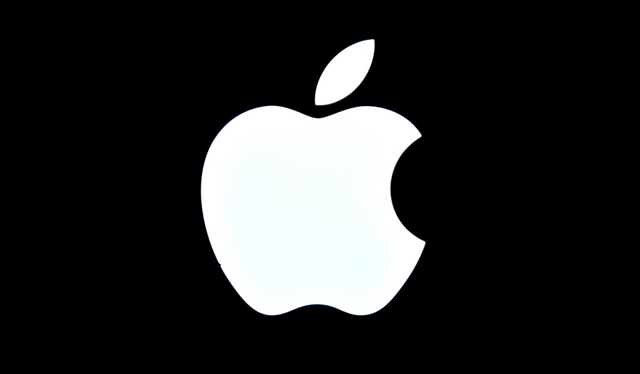Apple chief executive Tim Cook is bullish on augmented reality, believing that the nascent sector can be as game changing as smartphones were ten years ago. Sources say that Apple is following through by building a team of hardware and software experts, with the idea of dominating augmented reality as it comes to the fore. The same sources report that Apple’s AR team, run by former Dolby Laboratories executive Mike Rockwell, includes engineers that worked on Oculus and HoloLens headsets as well as top Hollywood VFX experts.
Bloomberg reports that Apple, which will not comment, has “also acquired several small firms with knowledge of AR hardware, 3D gaming and virtual reality software” in pursuit of this goal, and “is working on several AR products, including digital spectacles that could connect wirelessly to an iPhone and beam content — movies, maps and more — to the wearer.”
Global Market Insights predicts that the worldwide market for AR products will be worth $165 billion by 2024, an 80 percent leap. Loup Ventures founding partner Gene Munster notes that, as AR devices replace the iPhone, Apple must make this move to stay in the game.
Still, adding AR features to the iPhone will be much easier than building AR glasses, given today’s versions, which are “either under-powered and flimsy or powerful and overwhelmingly large.” To succeed, Apple will have to create a new operating system, improve battery life, provide compelling AR apps, games and media — and possibly build a new chip. The company will also have to “source the guts of the gadget cheaply enough to make it affordable for the mass market.”
Apple is reportedly relying on “hundreds of engineers … including some on the iPhone camera team” to create AR features, such as “the ability to take a picture and then change the depth of the photograph or the depth of specific objects in the picture later.” Another feature would “isolate an object in the image, such as a person’s head, and allow it to be tilted 180 degrees,” and yet another would use AR to “place virtual effects and objects on a person, much the way Snapchat works.”
Camera features would rely on depth sensing algorithms Apple has had access to since acquiring Israeli company PrimeSense in 2013.
AR spectacles would be a future product, say sources. Although its Watch isn’t a major hit, Munster believes that Apple has the right combination of skills and technology. “To be successful in AR, there is the hardware piece, but you have to do other stuff too: from maps to social to payments,” he said. “Apple is one of the only companies that will be able to pull it off.”


No Comments Yet
You can be the first to comment!
Sorry, comments for this entry are closed at this time.